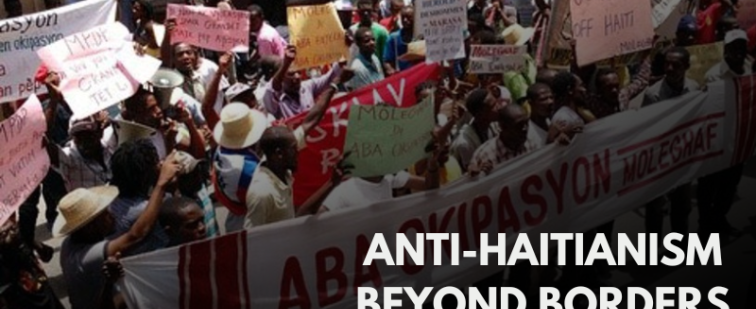January 11, 2012
In the late 1990s, Oaxacan artist Alejandro Santiago set to repopulate his town with 2,500 individual human sculptures, each representing a person who had left San Pedro Teococuilco to migrate elsewhere. Right now these sculptures are alive in the streets of Oaxaca city, documenting a strong sense of pain that rarely makes it into comprehensive immigration debates in the United States.
Mexico, Bewildered and Contested
January 10, 2012
This past September 19, in a federal civil court in Hartford, Connecticut, former Mexican president Ernesto Zedillo—now a resident of Connecticut and an economics professor at Yale—was charged with crimes against humanity for the 1997 killing of 45 unarmed members of the Tzotzil Maya ethnic group, in the Chiapas village of Acteal.
January 8, 2012
On January 1, the Colombian government killed Juan de Dios Úsuga, the leader of the Urabeños, one of the most powerful groups formed out of the demobilized Colombian paramilitary. In response to the killing, the Urabeños unleashed a wave of violence and threats over the last week, demonstrating the intimidating power of this criminal group.
January 6, 2012
Along with the Arab Spring, the indignados movement of Spain, and Occupy Wall Street, Latin America also played a role in the global tumult in 2011. Over the last year diverse grassroots movements in Bolivia, Chile, Mexico, and Peru have been raising questions and challenging the existent order.
January 6, 2012
Two precedent-setting environmental challenges in Ecuador—an initiative to save the Yasuní rainforest, and a landmark lawsuit against Chevron Oil for dumping billions of gallons of toxic waste—have recently returned to the headlines, with their fates potentially intertwined.
January 4, 2012
As 2011 statistics demonstrate, violence continues to scar the U.S.-Mexico border, and climate change will likely intensify it. As recent publications suggest, declining agricultural output and gross socio-economic inequality between Mexico, Central America, and the United States are likely to increase unauthorized migration and militarized efforts to stymie it.
January 3, 2012
There is a broad movement for an end to the violence that has been gripping many parts of Mexico. But there is a major disconnect between, on the one hand, the movements that have arisen from (and remain in) civil society and, on the other hand, movements that seek state power through the organization of political parties.
December 30, 2011
Pulitzer Prize winner Jose Antonio Vargas’s recent announcement disclosing his status as an undocumented immigrant put a face on the millions of undocumented immigrants living in the shadows of U.S. society. Unfortunately, the Vargas story is also a telling example of the media coverage of the immigration debate in the United States in recent years—inaccurate, incomplete, and insufficient.
December 29, 2011
We are pleased to announce that NACLA has launched its first NACLA Radio Podcast. Featuring content on the U.S.-Mexico Border, Bolivia, Chile, Venezuela, and much more.
December 27, 2011
The judicial reform bill, currently being debated in the Colombian congress, threatens to compromise the relative independence that the country’s courts have enjoyed since the passage of the 1991 Constitution. This independence has allowed Colombia to investigate more than 60 members of congress for charges of collaborating with narco-traffickers and paramilitaries.















